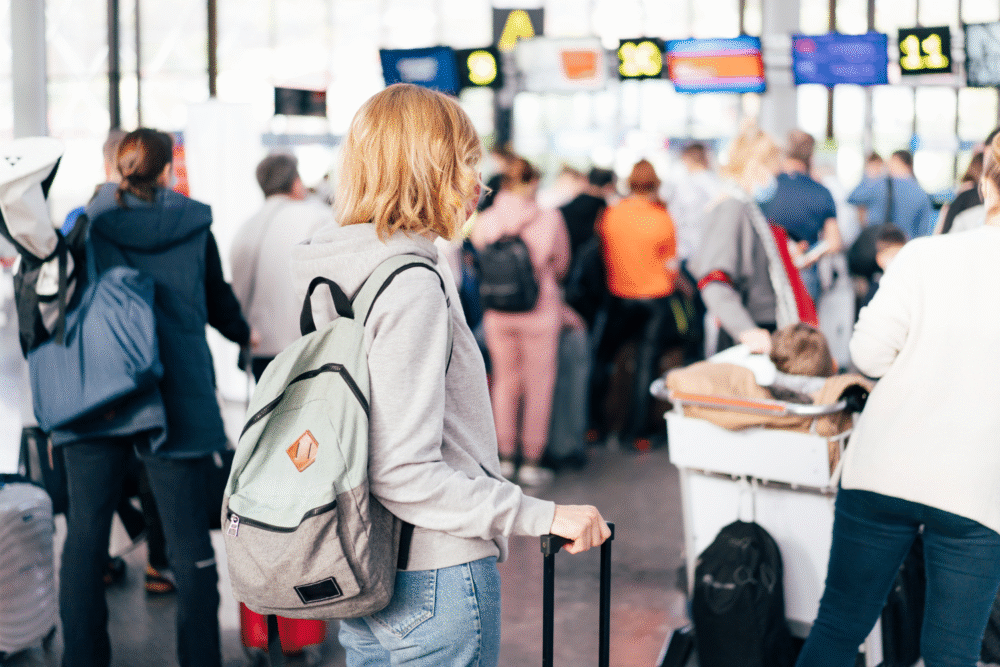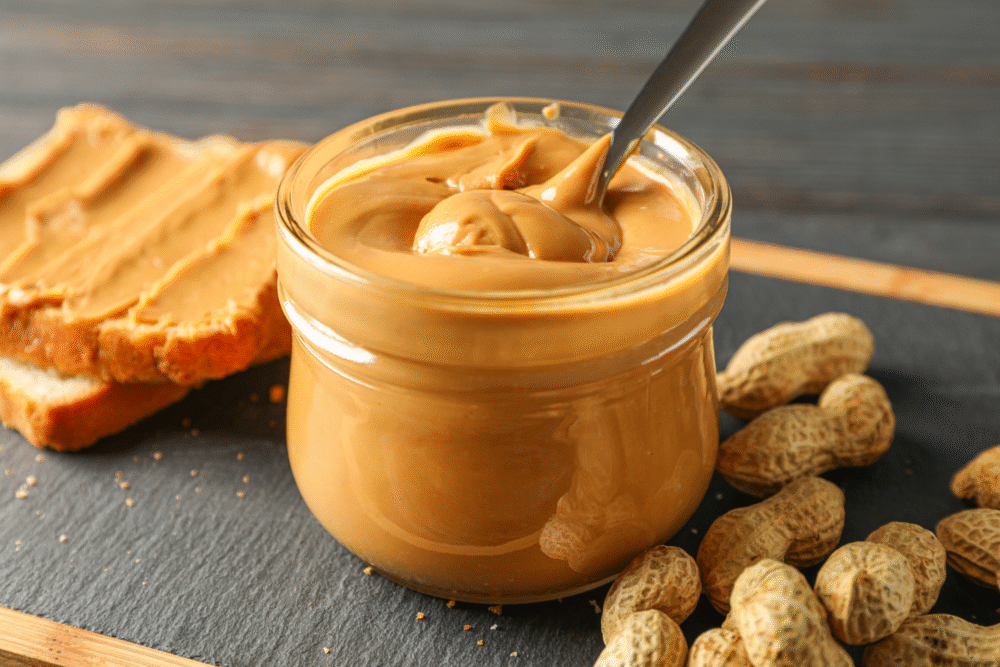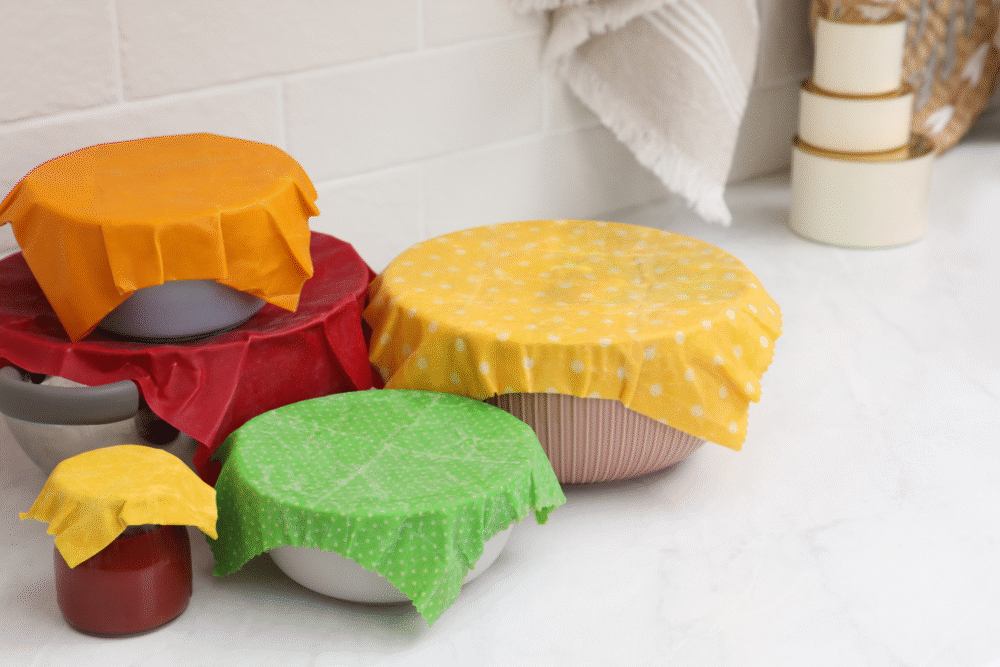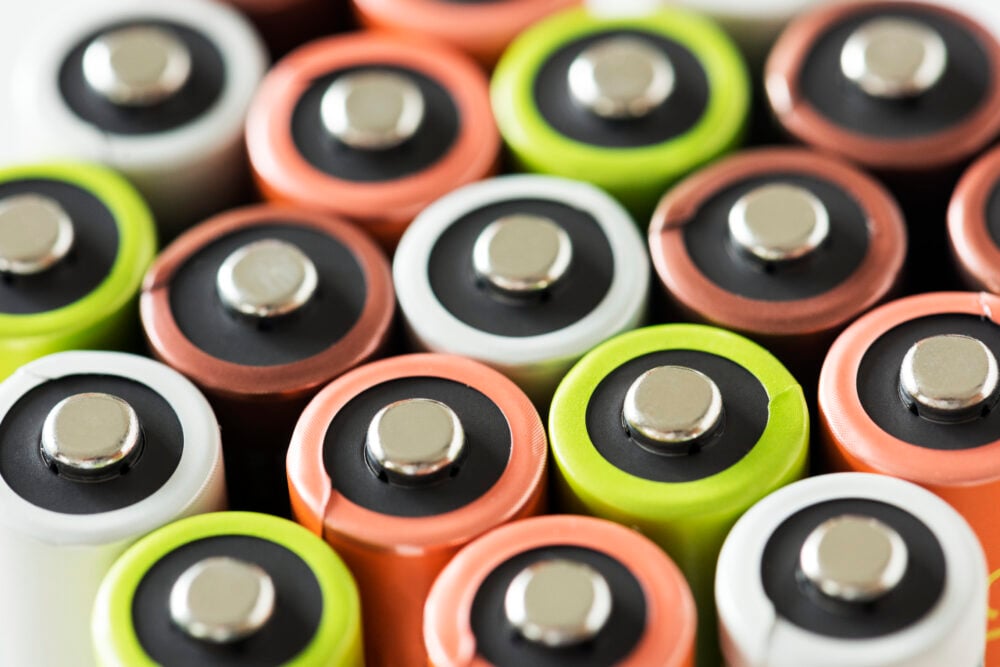You might want to rethink what’s hiding in your carry-on.

TSA has quietly rolled out new updates that caught even seasoned travelers off guard. These rule changes don’t just affect liquids or sharp objects anymore—seemingly harmless items are now off-limits, and enforcement is stricter than ever. Security checkpoints are already seeing more confiscations and delays.
If you’re packing for an upcoming trip, a quick look at what’s newly restricted might save you a headache—and a few awkward moments at the airport.
1. Powdered drink mixes are now under scrutiny.

That tub of protein powder or powdered latte mix could slow you down at security. TSA is now screening any powder-like substance over 12 ounces, especially when it’s unlabeled or loosely packed. Officers may ask you to remove it from your bag for testing or even toss it out if they can’t identify it.
Travelers who bring nutritional powders should portion them into smaller, clear containers or use single-serving packets instead. It’s not about banning the items entirely, but about giving officers a clearer view of what’s inside. Still, anyone rushing through security should expect delays if their bag includes anything that looks suspicious under the scanner.
2. Peanut butter and spreads are officially liquids.

It might feel solid, but TSA now classifies peanut butter, hummus, and similar spreads as liquids. Anything over 3.4 ounces must go in your checked bag, or it’ll be confiscated. Travelers have been caught off guard by this rule change, especially since many assume thicker foods don’t count.
The best workaround is to pack smaller, travel-sized portions in your quart-size bag with other liquids. TSA agents won’t make exceptions, no matter how much your sandwich depends on it. It’s one of those small surprises that remind you how technical airport security can be when it comes to consistency.
3. Self-heating meals are completely banned.

Those convenient self-heating military or camping meals—also called MREs—are no longer allowed in either checked or carry-on luggage. They contain chemical heat sources that can activate accidentally, releasing gas or heat during flights. TSA considers them a serious fire hazard under new regulations.
If you rely on these for long trips, switch to ready-to-eat options that don’t use flameless heaters. Airlines are enforcing this rule across the board, and even sealed MREs will be confiscated. It’s better to plan ahead than lose your meals at security while watching your flight board without you.
4. Large lithium batteries face tighter restrictions.

Power banks and spare lithium-ion batteries are still allowed, but new size and capacity limits are being enforced. Any battery exceeding 100 watt-hours now requires airline approval, and some carriers won’t allow them at all. TSA agents have also started flagging unlabeled or oversized chargers for confiscation.
To stay compliant, check your device’s watt-hour rating before traveling. If it’s unclear, don’t risk it—smaller batteries are always safer. It’s one of the rules many travelers overlook until they’re stopped at security with a battery they can’t explain.
5. Gel candles and wax hybrids are prohibited.

Decorative candles used to be safe to pack, but not anymore. TSA now bans gel-based or hybrid candles because their semi-liquid texture resembles explosive substances on X-ray machines. Solid wax candles are still fine, but only if they don’t include gel layers or embedded liquid.
Before traveling, double-check souvenir candles or those in decorative jars. Agents have the discretion to make judgment calls, and the wrong type can end up in the disposal bin. A seemingly innocent gift can turn into a security hassle faster than expected.
6. Aerosol sprays face stricter size limits.

Personal care sprays like deodorants, dry shampoos, and hairsprays are still permitted, but only if they’re under 3.4 ounces and clearly labeled. TSA has tightened enforcement due to rising incidents of leaks and pressurization issues mid-flight. Even travel-sized cans can be confiscated if they look tampered with.
To avoid problems, pack aerosols with protective caps and store them in resealable bags. Agents are becoming more cautious about pressurized containers, especially after several recent incidents involving leaks at high altitude. Playing it safe here prevents both confiscation and mess.
7. Tools over seven inches are now banned from carry-ons.

Travelers carrying wrenches, screwdrivers, or pliers longer than seven inches will have to check them. TSA considers longer tools potential weapons, even if they’re part of a repair kit. Smaller items may still be inspected individually depending on shape and material.
If you’re traveling for work, pack these in checked luggage. Folding multitools with blades remain prohibited altogether. The change catches many people by surprise, especially those used to carrying tools for hobbies or maintenance. A simple measurement before packing can save you an unnecessary loss.
8. Medical liquids face new inspection steps.

You can still bring larger quantities of medically necessary liquids, but TSA has added extra verification procedures. Officers may now test or swab containers for residue, even if they’re clearly labeled. Expect delays if you’re carrying prescriptions, contact solution, or nutritional supplements.
To speed things up, pack medical items separately and declare them early. Security staff are required to verify these items individually, and being prepared helps avoid frustration. The new policy aims to improve safety without restricting travelers’ health needs—but it definitely adds time to the checkpoint routine.
